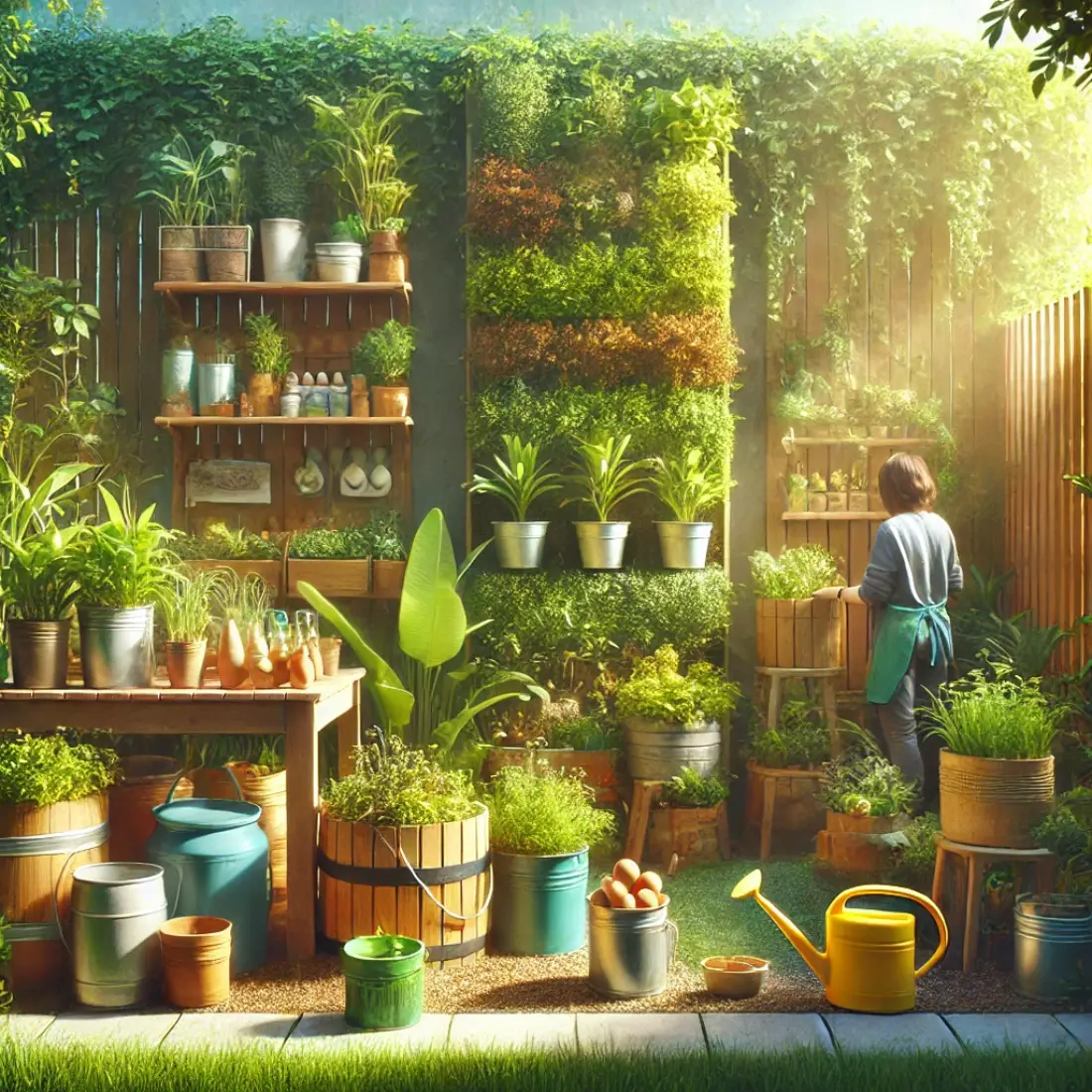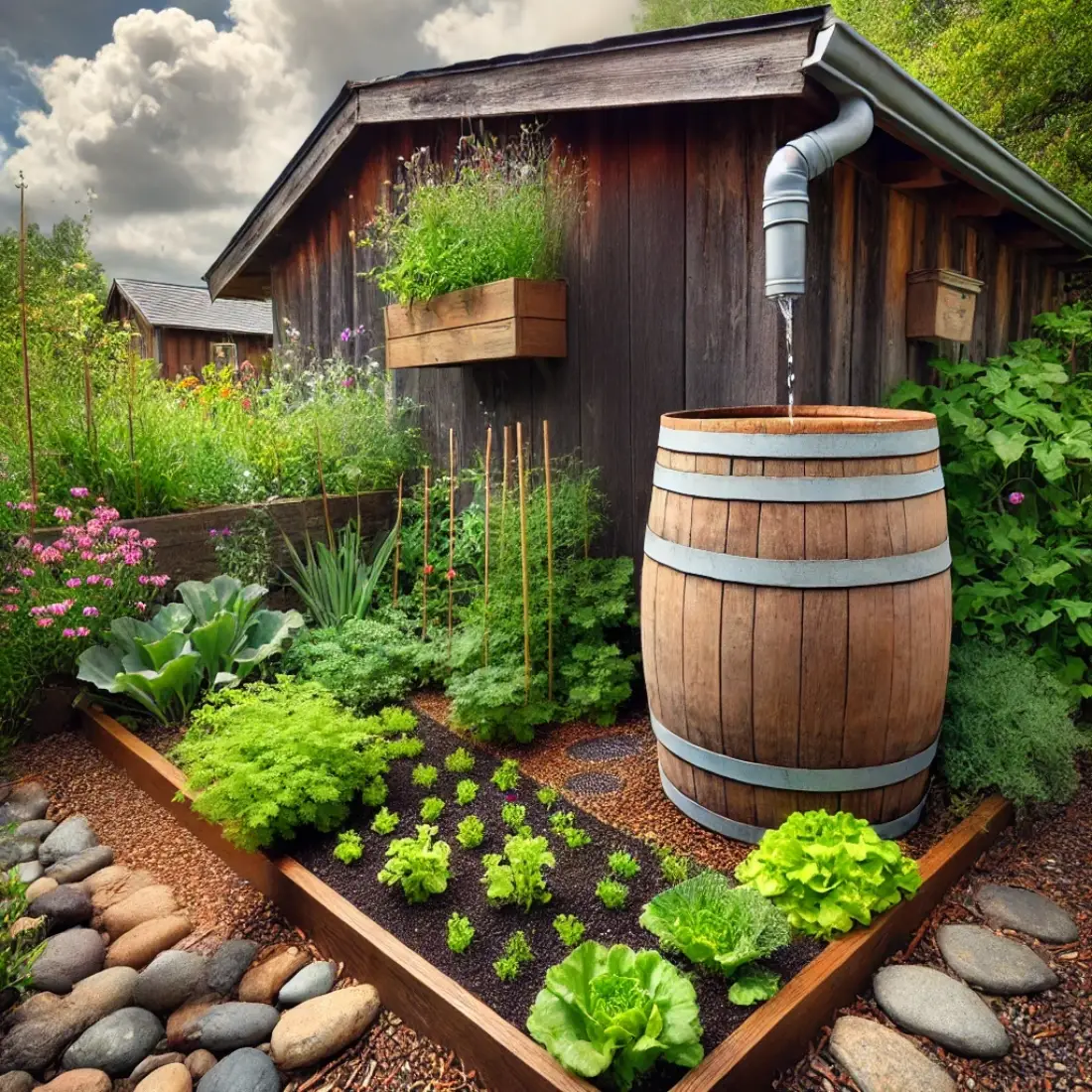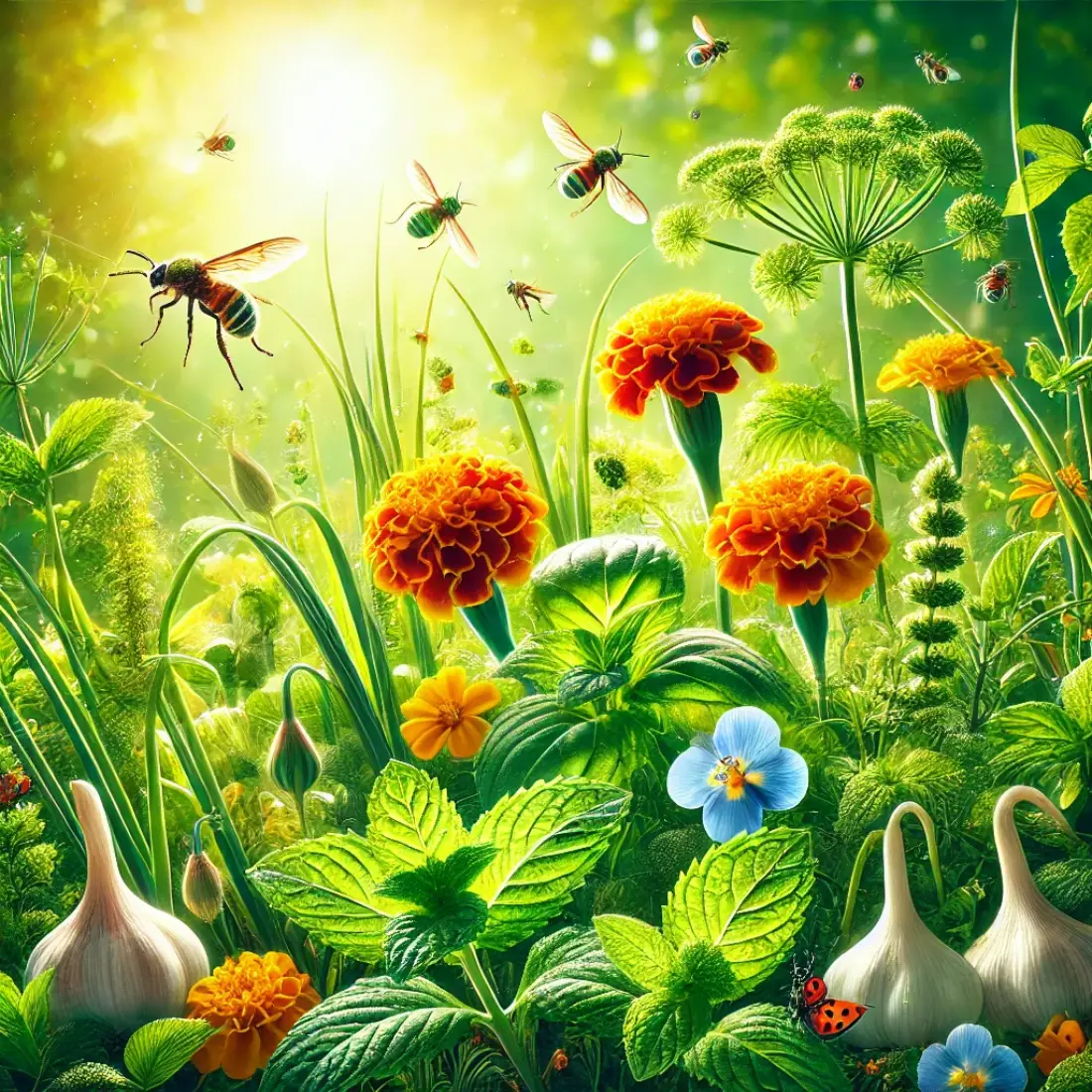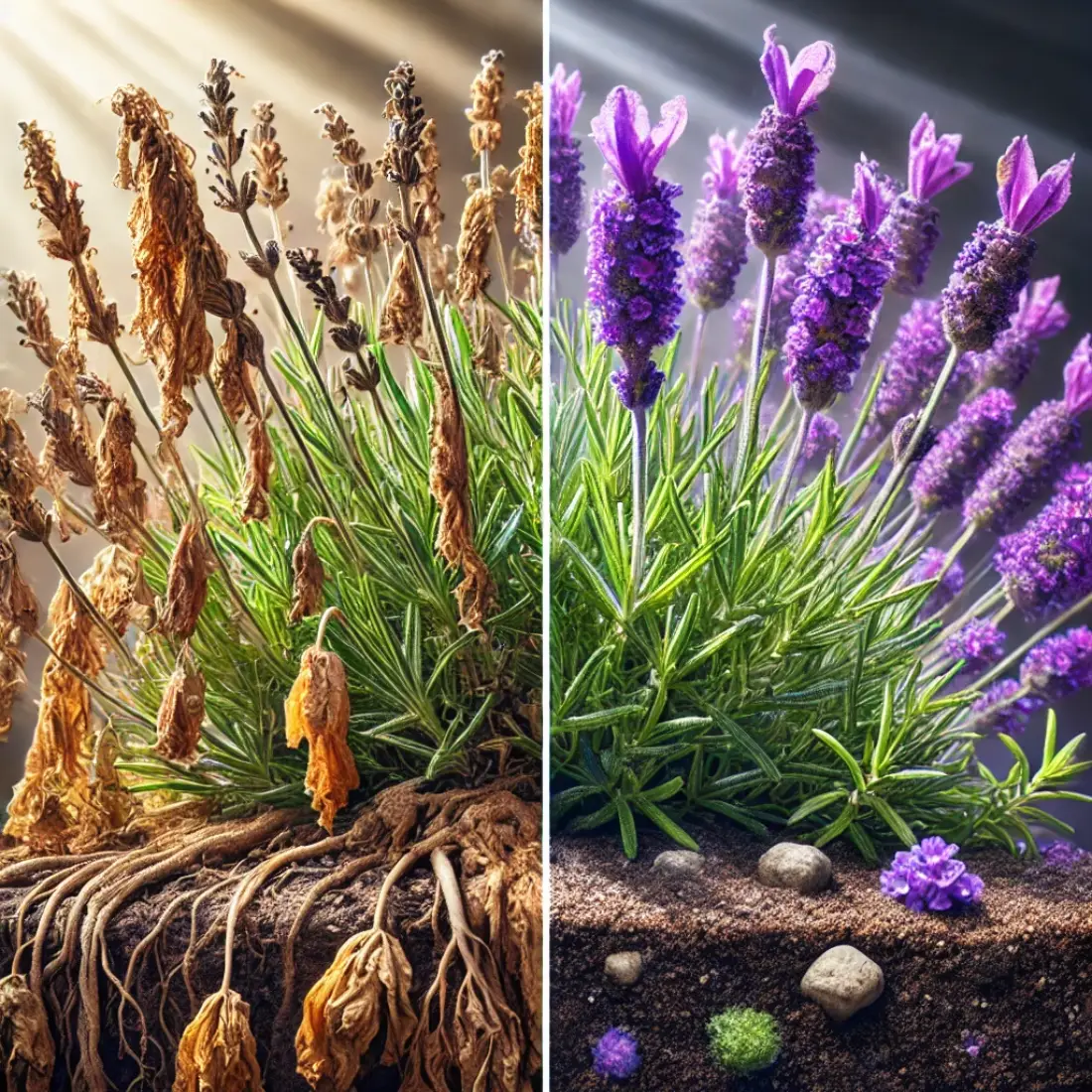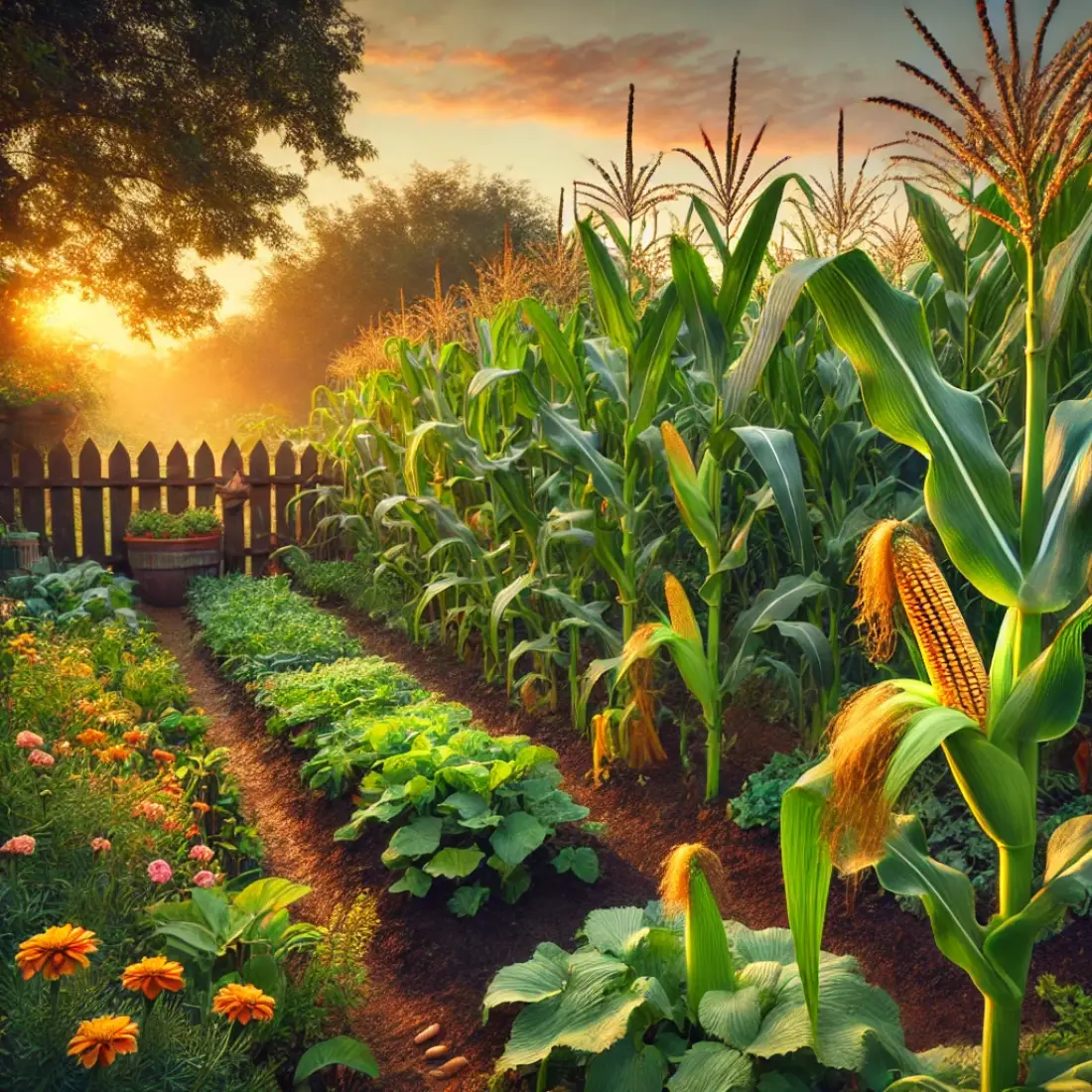Are you an outdoor enthusiast who suffers from allergies? If so, creating an allergy-free garden is essential for reducing common allergens like pollen and mold. By selecting the right plants and adopting allergy-friendly gardening techniques, you can enjoy your garden without the discomfort of allergy symptoms. While many popular plants are high in allergens, there are plenty of beautiful, low-allergen options available.
- Choose low-pollen plants like dogwood and magnolia for a safer outdoor space.
- Avoid wind-pollinated plants, which release airborne pollen that triggers allergies.
- Use ground covers instead of traditional grass to reduce allergens.
- Prune regularly and remove decaying plant matter to prevent mold growth.
- Design your garden layout to minimize direct exposure to allergens.
Common Garden Allergy Triggers
Garden allergies are often caused by airborne particles such as pollen, mold spores, and plant saps. Wind-pollinated plants, including certain grasses, trees, and weeds, release pollen into the air, causing sneezing, itchy eyes, and congestion. Insect-pollinated plants, however, produce heavier pollen that stays low to the ground, making them a safer option for allergy sufferers.
Another major allergen is mold, which thrives in damp, decaying plant matter. Even certain plant saps, like those from Euphorbia, can trigger skin irritations. Understanding these allergy triggers is the first step toward creating a low-allergen garden.
Best Allergy-Free Plants
To reduce allergens in your garden, opt for plants that produce minimal pollen. Insect-pollinated plants such as:
- Dogwood
- Magnolia
- Red Maple
These are excellent choices because they produce little airborne pollen. Female trees are also ideal, as they do not release pollen.
For shrubs, consider:
- Boxwood
- Azaleas
- Hydrangeas
These shrubs are not only attractive but also safer for those with pollen sensitivities. Hypoallergenic flowers such as begonias, hostas, and fuchsias make great additions since they rely on insects for pollination, keeping pollen levels low.
Plants to Avoid in a Low-Allergen Garden
Certain plants are notorious for causing allergy flare-ups. Avoid these high-pollen plants:
- Trees: Oak, ash, and birch
- Grasses: Bermuda and ryegrass
- Weeds: Ragweed and pigweed
These plants release significant amounts of airborne pollen, making them a poor choice for allergy-sensitive individuals.
Allergy-Friendly Plant Alternatives
If you love daisies or chrysanthemums but hate the sneezing, consider geraniums or tulips, which produce less pollen. For grass alternatives, choose ground covers like moss or creeping thyme, which add beauty without the pollen.
Non-flowering evergreens and female plants are also low-pollen options. Female plants, including fruit-bearing and pistillate species, do not produce pollen, making them perfect for an allergy-free garden.
Gardening Techniques to Reduce Allergens
Creating an allergy-free garden isn’t just about plant selection. Your gardening techniques play a crucial role in minimizing allergens like pollen and mold. Here’s how to optimize your garden for fewer irritants:
Strategic Garden Layout
Position high-pollen plants away from high-traffic areas like patios and pathways to limit exposure. Installing tall fences or dense hedges can also help block airborne allergens from drifting toward your living spaces.
Regular Pruning and Deadheading
Regularly prune trees and shrubs to prevent overgrowth, which can increase pollen production. Deadheading—removing spent flowers—prevents decaying plant matter that could harbor mold. Regular weeding, particularly for high-pollen weeds like ragweed, is essential.
Proper Watering Techniques
Overwatering can promote mold growth, a common allergen. Water your garden in the morning so that the soil has time to dry throughout the day. Lightly spraying plants with water before going outside can help reduce airborne pollen temporarily.
Use Organic Mulches and Ground Covers
Organic mulches like bark or compost help suppress weeds and reduce pollen spread. Avoid fast-decomposing mulches, as they may create moisture that encourages mold. For high-traffic areas, consider non-allergenic ground covers like gravel or stone to keep pollen at bay.
Additional Considerations for Allergy-Sensitive Gardeners
In addition to plant selection and gardening techniques, allergy-sensitive gardeners should consider the following factors:
Outdoor Furniture and Materials: Choose metal or plastic furniture, which are easy to clean and less likely to trap pollen and mold than wood or fabric. Regularly clean garden tools, furniture, and surfaces exposed to pollen.
Wind Direction and Airflow: Plant high-pollen trees in areas where wind won’t carry the pollen toward your home or sitting areas. Use hedges or garden screens as barriers to keep allergens from entering your outdoor living spaces.
Minimizing Insect Allergens: If you’re allergic to stinging insects, avoid plants that attract bees and wasps. Opt for non-flowering plants like ferns or leafy greens instead.
FAQs for Allergy-Free Gardening
What are the best plants for allergy sufferers?
Allergy-friendly plants include dogwood, magnolia, begonias, and hostas, which produce minimal pollen and rely on insects for pollination.
Can I still have a lawn if I suffer from allergies?
Yes! Replace traditional grass with low-allergen alternatives like clover, moss, or sedge, which require less maintenance and produce fewer allergens.
How often should I prune my plants to reduce allergens?
Prune your plants once or twice a year to prevent overgrowth and excessive pollen production. Regularly removing decayed plant matter will help prevent mold, another common allergen.
What types of trees should I avoid if I have allergies?
Avoid high-pollen trees like oak, ash, and birch, which release large amounts of airborne pollen.
Can mulch cause allergies in the garden?
Certain mulches can promote mold growth if they decompose quickly. Choose organic mulches like bark or straw and avoid overwatering to prevent moisture buildup.


